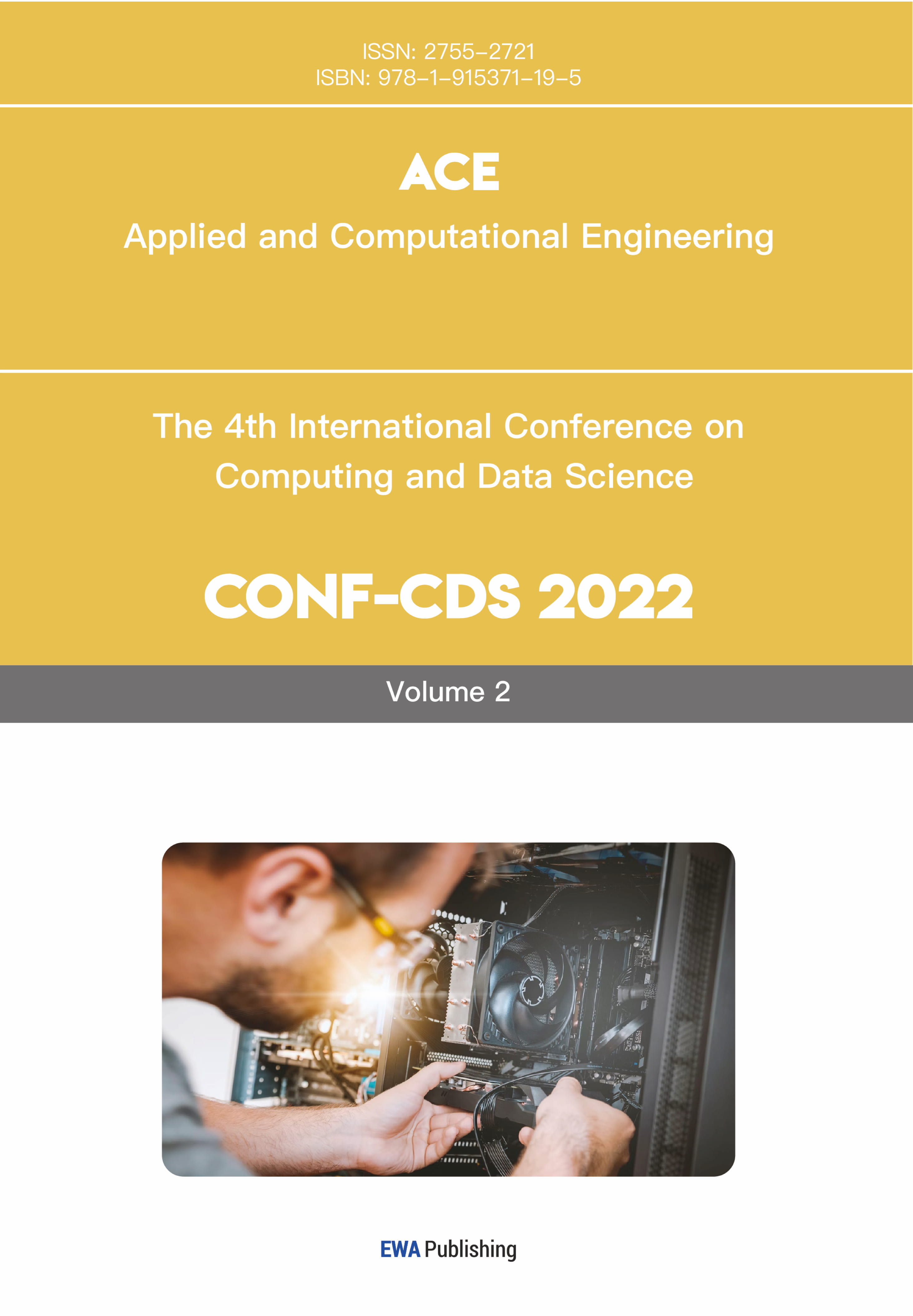References
[1]. Bhargava, H. K. (2022). The creator economy: Managing ecosystem supply, revenue sharing, and platform design. Management Science, 68(7), 5233-5251.
[2]. Azad, M. A., Perera, C., Bag, S., Barhamgi, M., & Hao, F. (2020). Privacy-preserving crowd-sensed trust aggregation in the user-centeric Internet of people networks. ACM Transactions on Cyber-Physical Systems, 5(1), 1-24.
[3]. Wang, Y., Wang, Q., Zhao, L., & Wang, C. (2023). Differential privacy in deep learning: Privacy and beyond. Future Generation Computer Systems, 148, 408-424.
[4]. Singla, B., Shalender, K., & Singh, N. (Eds.). (2024). Creator's Economy in Metaverse Platforms: Empowering Stakeholders Through Omnichannel Approach: Empowering Stakeholders Through Omnichannel Approach. IGI Global.
[5]. Vasa, J., & Thakkar, A. (2023). Deep learning: Differential privacy preservation in the era of big data. Journal of computer information systems, 63(3), 608-631.
[6]. Sai, S., Hassija, V., Chamola, V., & Guizani, M. (2023). Federated learning and NFT-based privacy-preserving medical-data-sharing scheme for intelligent diagnosis in smart healthcare. IEEE Internet of Things Journal, 11(4), 5568-5577.
[7]. Zhao, Y., & Chen, J. (2022). A survey on differential privacy for unstructured data content. ACM Computing Surveys (CSUR), 54(10s), 1-28.
[8]. Leng, Y., Chen, Y., Dong, X., Wu, J., & Shi, G. (2021). Social interaction leakages from public behavioral data: A diagnostic and differential privacy framework. Available at SSRN 3875878.
[9]. Wang, H., Ning, H., Lin, Y., Wang, W., Dhelim, S., Farha, F., ... & Daneshmand, M. (2023). A survey on the metaverse: The state-of-the-art, technologies, applications, and challenges. IEEE Internet of Things Journal, 10(16), 14671-14688.
[10]. Werder, K., Ramesh, B., & Zhang, R. (2022). Establishing data provenance for responsible artificial intelligence systems. ACM Transactions on Management Information Systems (TMIS), 13(2), 1-23.
[11]. Huang, C., Zhang, Z., Mao, B., & Yao, X. (2022). An overview of artificial intelligence ethics. IEEE Transactions on Artificial Intelligence, 4(4), 799-819.
[12]. Kenthapadi, K., & Tran, T. T. (2018, October). Pripearl: A framework for privacy-preserving analytics and reporting at linkedin. In Proceedings of the 27th ACM International Conference on Information and Knowledge Management (pp. 2183-2191).
[13]. Gupta, B., & Mangal, A. (2024). Metaverse & Privacy: Navigating Legal and Security Concerns Under Data Protection Regulations. Available at SSRN 4728595.
[14]. Yazdinejad, A., & Kong, J. D. (2025). Breaking Interprovincial Data Silos: How Federated Learning Can Unlock Canada's Public Health Potential. Available at SSRN 5247328.
[15]. Lee, Y. (2025). Digital fashion ideology: Towards a critical public sphere. International Journal of Cultural Studies, 13678779251351644.



